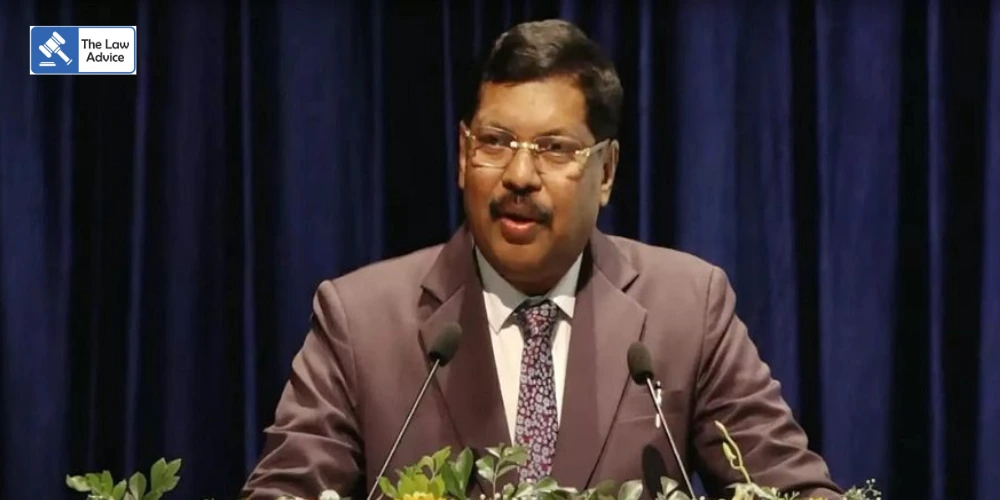
Chief Justice of India Bhushan Gavai has emphasized that technology must evolve into a force for liberation rather than a means of exploitation, especially when it comes to protecting the rights and dignity of the girl child in a rapidly advancing digital age.
Speaking at the 10th Annual Stakeholders Consultation on “Safeguarding the Girl Child: Towards a Safer and Enabling Environment for Her in India” organized by the Supreme Court, the CJI highlighted how digital progress has created new vulnerabilities such as online harassment, cyberbullying, deepfake imagery, and data misuse.
“The threats faced by young girls are no longer confined to physical spaces. They extend into the vast and often unregulated digital world,” he said, stressing that institutions and enforcement mechanisms must adapt to these evolving challenges.
He urged that laws addressing online sexual exploitation, cyber harassment, and digital trafficking must be backed by effective enforcement, education, and awareness campaigns. “Protecting the girl child must become a core priority of digital governance, ensuring technological progress is paired with ethical safeguards,” he asserted.
CJI Gavai underscored that true safety for girls extends beyond protection from harm — it includes nurturing their dignity, voice, and aspirations. “Can safety exist when dignity is denied, voices are silenced, or dreams are constrained?” he asked, urging collective responsibility to build an environment where every girl can learn without fear and live without limitation.
He invoked the Constitution’s commitment under the Preamble and Articles 14, 15(3), 19, and 21, emphasizing the state’s obligation to provide education, nutrition, healthcare, and a safe upbringing for all children.
Highlighting persistent gender-based challenges like trafficking, child marriage, malnutrition, and abuse, the CJI called for deeper introspection into social and cultural barriers that hinder girls’ progress. He also spoke about intersectional discrimination, noting that girls from marginalized communities or with disabilities face layered disadvantages.
The Chief Justice urged for sensitization programs for police, educators, and health professionals, along with public awareness campaigns to inform citizens about child protection and welfare mechanisms. “Too often, citizens wish to help but don’t know how. Awareness can make all the difference in saving a child,” he said.
He reminded that while the judiciary ensures accountability, the executive holds the primary responsibility for implementing child protection laws effectively.
Quoting Rabindranath Tagore’s “Where the Mind is Without Fear,” the CJI said that India’s freedom remains incomplete so long as any girl child lives in fear or is denied the chance to dream. “To protect her body is not enough — we must free her spirit,” he said, urging society to overcome patriarchal barriers that limit her growth.
Concluding on International Girl Child Day, CJI Gavai reaffirmed the nation’s duty to empower girls for a brighter, safer future. “Only when every girl grows in an environment of freedom and respect can we truly say our nation has awakened into that land of freedom Tagore envisioned,” he said.
Website designed, developed and maintained by webexy